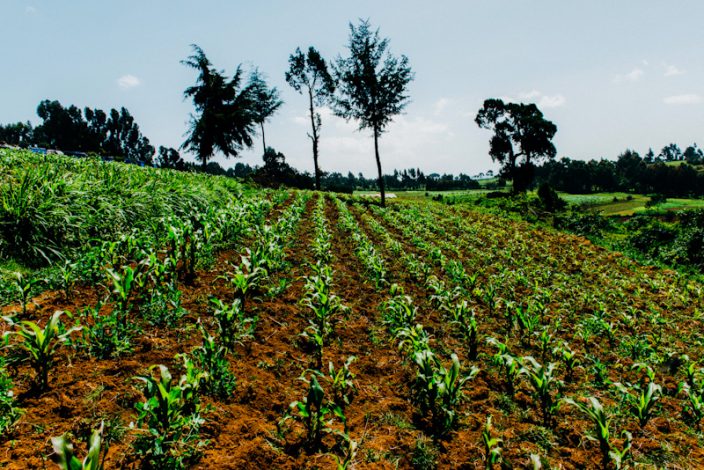While most development strategies in Africa in the past have focused on transformation as the key to inclusive and sustainable growth, the past two years have placed a new spotlight on resilience.
The Covid-19 pandemic brought unprecedented economic effects, whose impact negatively affected businesses and caused massive job losses. As the livelihoods of its people are threatened, African economic leaders are developing strategies to “build back better”—a case in point is Equity Group’s USD 6 billion Africa Resilience Plan.
The Africa Resilience Plan is a private sector-focused stimulus package to rejuvenate the path to sustained strong economic growth. The primary areas targeted are the Eastern and Central African regions, which hold vast economic potential but are struggling to recover from the devastating health, social, humanitarian, and economic impacts of the COVID-19 pandemic.
Equity Bank has identified various critical pillars for increasing resilience, key among them developing the agricultural sector in the region to unlock productivity gains and value addition ecosystems to achieve food security.
Success in this sector would increase value creation in the primary sectors, which are the highest employers, foreign exchange earners, and contributors of exported goods.
Equity’s Marshall Plan aims to answer the perpetual answer people have always asked; can Africa feed the continent? The bank is optimistic that the continent can eliminate the importation of food and become a net exporter. But this cannot happen with the low yields farmers experience.
Sub-Saharan Africa, for instance, holds a quarter of the world’s arable land but only produces 10% of its agricultural output. This can be attributed to poor farming practices, drought, and poverty. Statistics show that 70 to 80% of African cultivated areas are degraded, resulting in nutrient loss of between 30 and 60 kg per hectare annually. Similarly, 28% of farmers in rural Africa cultivate land in continuous degradation, which has subjected smallholder farmers to low crop yields due to declining soil fertility.
These challenges have further been exacerbated by agricultural programs that are underfunded, fragmented, and uncoordinated. There is also the problem of a significant portion of non-formalized subsistence farming, which is not commercially viable on a large scale.
However, all this can be solved through supportive agricultural policies and investment, coupled with a focus on long-term sustainable solutions. The support is particularly important, given that many African families depend on agriculture for their livelihoods.
Banking on this premise, Equity Group looks at increasing its investments for the smallholder farmer to enhance their farming practices, adopt better farming technologies, increase their crop yields and gain access to global markets.
The African Recovery and Resilience Plan will address these weak links by mapping agricultural ecosystems and value chains and by financing agriculture players. It also seeks to empower subsistence farmers to grow commercially and catalyze agro-processing dialogue with governments, the private sector, and industry bodies to tackle agricultural challenges in an all-rounded style.
To expedite the process, Equity looks at extending its loan book with a food and agriculture loan mix of 30%, which will further complement its low-interest financing to farmers. This support has already been cemented with the recent partnership Equity Bank sealed with CFAO Group to provide up to 80% financing on various agriculture products and inputs.
Agro-processing is a significant plank of the Africa Resilience Plan under the food and agriculture pillar plan. On this, Equity Bank seeks to enhance the value of agricultural exports while processing food for easy access by an urbanizing population and production of building materials to support construction and housing development.
“We want to secure the values and aspirations of our people. With agriculture contributing 33% of Kenya’s GDP, providing 40% of employment with 40% of that in rural areas and with almost 65% of agriculture accounting for foreign exchange, for us at Equity, this is important,” said Dr James Mwangi Equity Group Managing Director and CEO.
Overall, agricultural transformation requires fair trade policies to secure market access for local producers. It needs long-term, low-interest financing incentives to allow farmers to purchase equipment and fund the capital expenditures that increase productivity.
Through the Africa Resilience Plan, therefore, Equity Bank supports the sustainable expansion of food production, building expertise in commercial farming, and facilitating access to land development, agro-inputs and mechanization.
This will go a long way towards meeting the rising needs of the continent’s rising population and the needs of smallholder farmers, as well as the broad agenda of reducing food imports and becoming self-sufficient.
Equity Directs 65% of Loan Book to MSMEs in Support of Its Africa Resilience Plan




